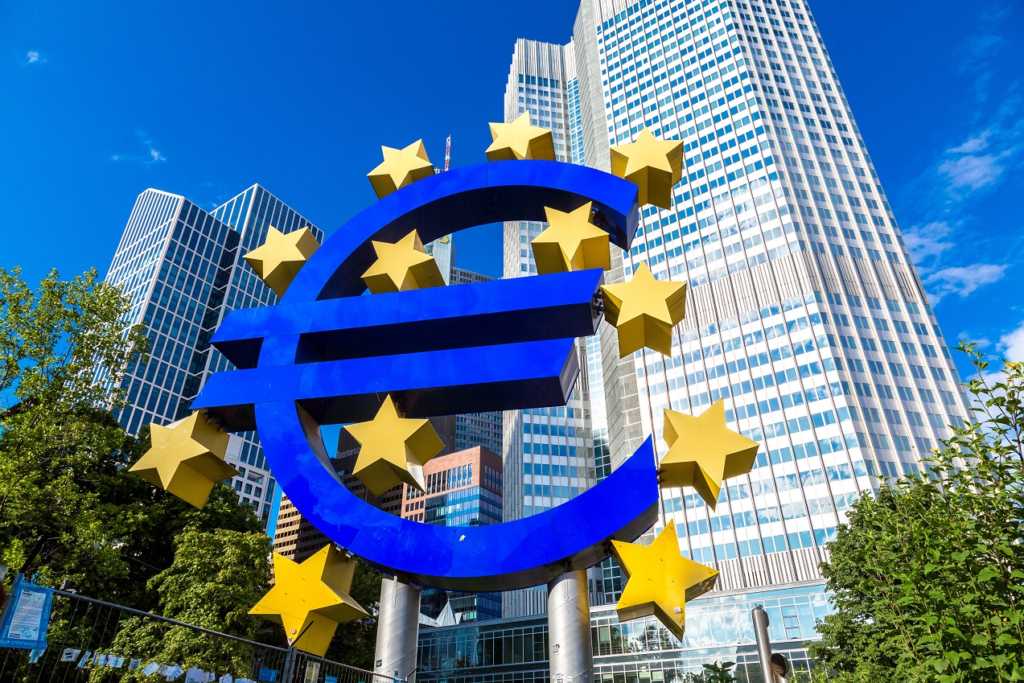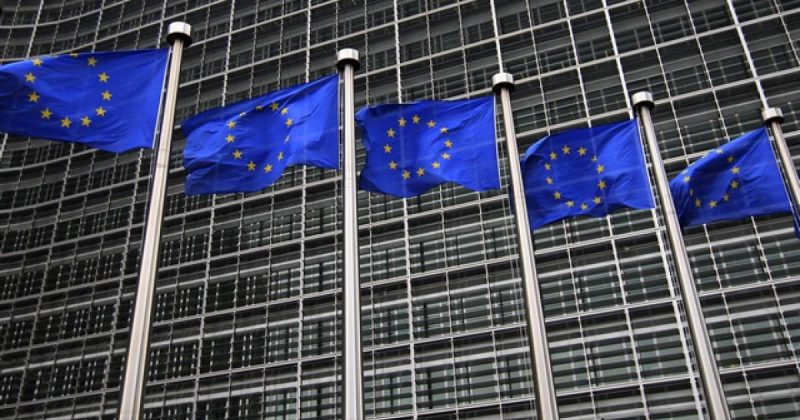The European Union reached a provisional agreement on Thursday to impose stricter regulations on cryptocurrency companies. This is part of a broader effort to improve coordination between national authorities to combat money laundering.
The deal was struck after lengthy negotiations between representatives of EU member states and the European Parliament. Additionally, It is part of a package of anti-money laundering measures meant to address inconsistencies in how individual countries currently approach issues of fraud and financial crimes.
Also read: Donald Trump Opposes U.S. CBDC Creation
EU Expanding Existing Crypto Rules

Under the agreement, existing EU anti-money laundering rules will expand to cover more participants in the cryptocurrency ecosystem. Crypto asset service providers will be required to perform due diligence checks on customers conducting transactions of €1,000 ($1,090) or higher and report suspicious financial activity. Additional verification requirements will apply to cross-border crypto companies.
The rules are also aimed at curbing the use of self-hosted digital wallets, which allow users to directly control their private keys. Such wallets have gained notoriety for enabling criminals to more easily hide funds.
In addition to cryptocurrency traders, the regulations will apply to sellers of luxury and high-value goods like precious metals, jewelry, luxury vehicles, and aircraft. The requirements are meant to make it more difficult for unlawful earnings to be funneled into assets that retain value and are easy to transport or conceal.
Also read: How the Bitcoin ETF Launch Could Fuel Altcoin Rallies?
As part of the broader effort to crackdown on the use of hard currency for illicit transactions, the agreement introduces a €10,000 limit on cash payments across the EU. Additionally, any entity receiving a cash payment between €3,000 and €10,000 will need to identify and verify the source in an effort to curb money laundering.
The rules have received preliminary backing but still require formal approval from EU states and the European Parliament before becoming official laws.





